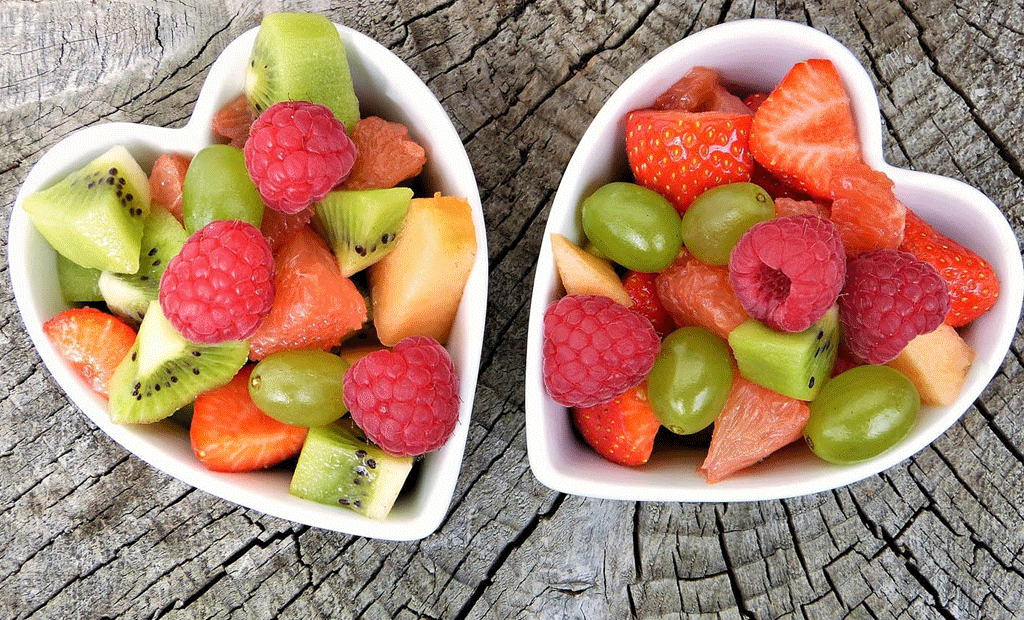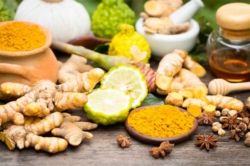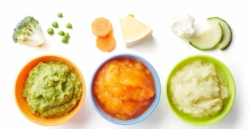Many people have allergies and intolerances to foods such as wheat, dairy, and nuts. These can cause digestive problems such as bloating, abdominal pain, and diarrhea.
Digestive problems can also be caused by food additives such as MSG, which is commonly used in Chinese take-aways.
While food additives often get a bad reputation, there are actually some additives that can be a benefit for people who are living with disabilities.
How Can a Food Additive Help a Person With Disabilities?
When people think of food additives, they often think of preservatives that are used to make food last longer. While that is certainly one use for these substances, there are actually some additives that can treat specific health problems.
For example, gluten in wheat can cause issues in the small intestine of a person with celiac disease, so it is not just the gluten protein itself but also certain enzymes in wheat flour that can aggravate symptoms.
Different forms of MSG can be used as “glutamate binding agents.” This means that they act as an alternative to glutamate, which is an amino acid found in foods such as cheese and soy sauce.
The following food additives have a number of benefits for people with disabilities, including healthy bowel movements, reduced bloating and gas, improved digestion, and increased appetite.
Citric Acid
Citric acid is commonly used to prevent food and drink from going off, it has also been shown to improve appetite, use citric acid in place of vinegar or lemon juice in dressings.
It can be added to foods such as salads and dips as well as foods with a high-fat content such as yogurt or sour cream.
Thickening Agents
Many people with swallowing problems find it hard to eat normal foods that are too thin to swallow. Foods such as smoothies, soups, and drinks can be particularly challenging.
Starches like cornflour and wheat starch are added to food during the manufacturing process for texture, but there are other products available in supermarkets that will thicken food and drink.
Instead of using flour or cornflour, use a thickener like a methylcellulose, carob bean gum, or xanthan gum. Thickeners such as Simply Thick food thickeners can be used in foods such as soups or stews as well as smoothies or yogurt drinks.
Melatonin
Our bodies naturally produce melatonin when we fall asleep to help us fall asleep at night.
Foods that have been enriched with melatonin include milk, bread, yogurt, and cereals. You can increase your intake of these foods if you suffer from sleep problems.
MSG (Monosodium Glutamate)
Many people are put off using food products made with MSG because they think they will get an allergic reaction to it. However, MSG is a naturally occurring substance that is found in foods such as cheese and soy sauce.
The only difference between natural MSG and the synthetic type is that it is not bound to proteins like other amino acids.







